Current challenges in meat processing
Meat processing faces challenges such as maintaining high safety and quality standards, increasing efficiency to meet demands, and reducing environmental impact. Food safety regulations are becoming stricter, pushing processors to upgrade their facilities and procedures. To keep up with the rising demand for meat products, companies need to streamline their operations and invest in technology for automation and optimization. Additionally, the industry is under pressure to adopt more sustainable practices to lessen its environmental footprint, including energy consumption and waste management.
The growing need for innovations
Companies in the meat processing industry are increasingly realizing the importance of adopting innovations to stay competitive. By investing in new technologies and techniques, they can improve efficiency, reduce waste, and meet the changing demands of consumers. These innovations are vital for the industry to evolve and thrive in North America’s dynamic market.
Key technological advancements in the industry
Advancements like automation, robotics, and artificial intelligence are transforming the meat processing industry in North America. These technologies streamline operations, enhance efficiency, and improve product quality. Sensor technology is also being utilized to monitor and control various aspects of the meat processing process, ensuring safety and compliance with regulations. Additionally, blockchain technology is being implemented to enhance traceability and transparency in the supply chain, providing consumers with information about the origin and journey of their food.
Automation in meat processing
Automation in meat processing is revolutionizing the industry in North America. Robotic technology is being used to streamline tasks like cutting, trimming, and packaging meat products. This not only increases efficiency but also improves hygiene by reducing human contact with the meat. Automated systems can work quickly and accurately, leading to higher productivity levels and consistent quality in meat processing.
Sustainable practices and eco-friendly solutions
Sustainable practices in meat processing have been gaining traction in North America. Companies are increasingly adopting eco-friendly solutions to reduce their environmental impact. Initiatives such as waste reduction, energy-efficient technologies, and water conservation are becoming more prevalent in the industry. Additionally, the use of biodegradable packaging and renewable energy sources are being explored as ways to make meat processing more sustainable. These efforts show a promising direction for the future of the industry in terms of environmental consciousness.
Impact of innovation on product quality
Innovations in meat processing have significantly improved product quality in North America. New technologies and processes ensure meat products are fresher, safer, and more consistent. Precision cutting machines guarantee uniform cuts, leading to better presentation and cooking. Modified atmosphere packaging extends shelf life by reducing spoilage, while automation enhances efficiency and reduces human errors in production. Overall, these innovations result in higher-quality meat products that meet consumer expectations for taste, safety, and consistency.
Future trends shaping the meat processing industry
New technologies like robotic automation are being introduced to improve efficiency and safety in meat processing plants. Sustainable practices such as waste reduction and energy efficiency are becoming more prevalent. Plant-based meat alternatives are gaining popularity as consumers seek healthier and environmentally friendly options. Blockchain technology is being explored to improve traceability and transparency in the supply chain. Artificial intelligence is being utilized to optimize processes and improve product quality.
Regulatory changes and their influence on operations
New regulations in the meat processing industry can impact how businesses operate. Since these changes are enforced by government agencies, companies must comply to avoid penalties. When regulations shift, businesses might need to adjust their processes, equipment, or even staffing to meet the new requirements. Stay informed about regulatory updates to stay ahead in the industry.
Case studies of successful innovation implementation
Successful innovation implementation in the meat processing industry can lead to significant improvements in efficiency and product quality. Case studies provide valuable insights into how companies have adopted new technologies and practices. By examining these real-world examples, businesses can learn from the experiences of others and identify best practices for their own operations. Key benefits of studying successful innovation implementation in meat processing include:
- Improved production processes
- Enhanced product safety and quality
- Increased cost-effectiveness
- Greater sustainability initiatives
- Enhanced competitiveness in the market
Analyzing these case studies can inspire companies to embrace change and drive advancements within the industry, ultimately shaping the future of meat processing in North America.
Conclusion: The evolving landscape of meat processing
Before diving into the specifics, it’s crucial to note that the meat processing industry is on the brink of significant changes. These developments are driven by a variety of factors reshaping how meat is processed in North America. Let’s take a look at the evolving landscape and what it means for the future of the industry.

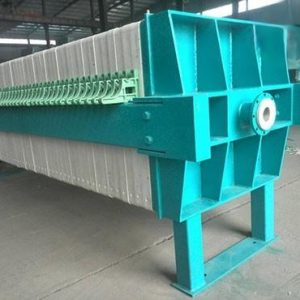
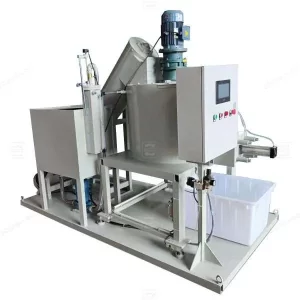
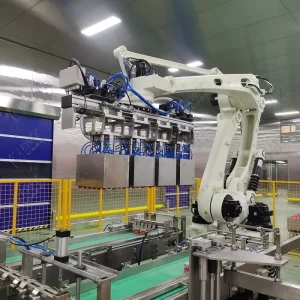


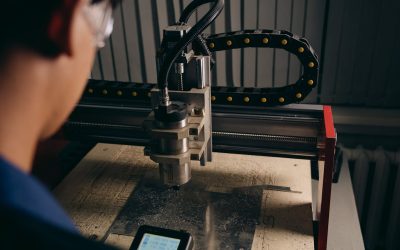


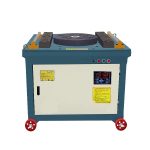
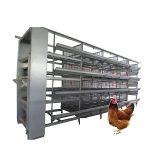
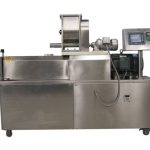




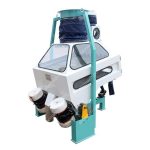
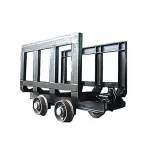

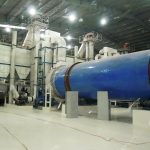
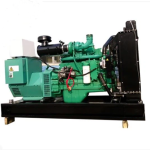




0 Comments